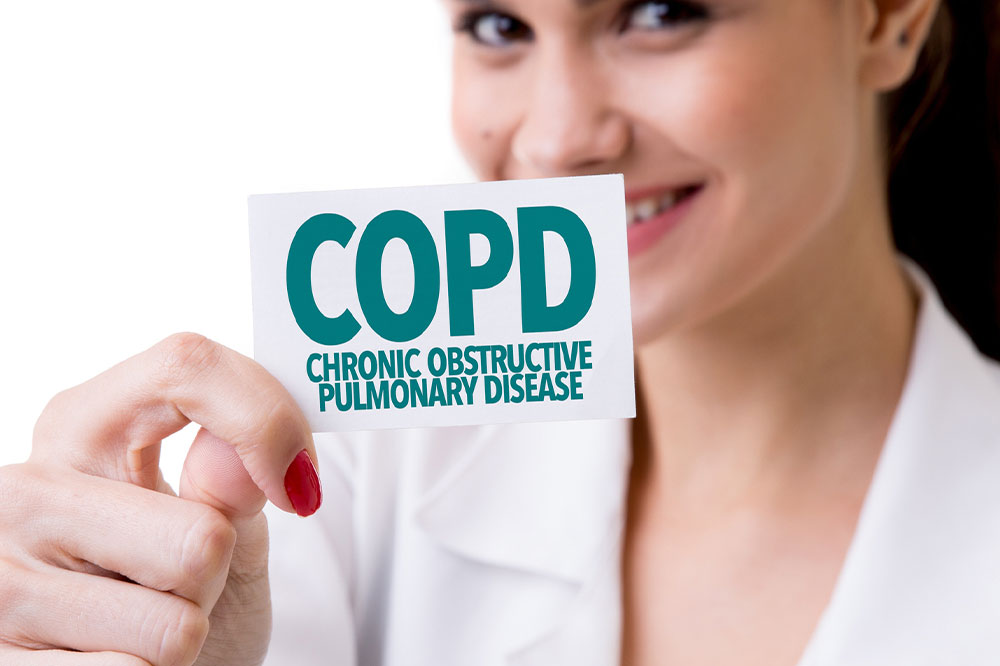Holistic and Natural Approaches to Managing COPD Effectively
Explore comprehensive natural and holistic strategies to effectively manage COPD. From lifestyle changes and breathing exercises to dietary improvements and natural remedies, this guide provides practical tips to reduce symptoms, prevent flare-ups, and enhance lung health. Suitable for those seeking alternatives to medication, always consult healthcare providers before making significant changes to your treatment plan.

Holistic and Natural Approaches to Managing COPD Effectively
Chronic obstructive pulmonary disease (COPD) remains one of the most challenging health conditions affecting millions worldwide, ranking as the third leading cause of death in the United States alone. Characterized by persistent respiratory symptoms and airflow limitation, COPD primarily results from lung inflammation caused by exposure to harmful substances such as cigarette smoke, air pollutants, and occupational fumes. Traditional treatment options often include medications like bronchodilators and steroids, with Spiriva being one of the commonly prescribed medications to relax airway muscles and improve airflow. However, these pharmacological treatments can sometimes lead to unwanted side effects such as dry mouth, dizziness, or increased risk of infections, making them unsuitable for certain patient populations, including those with glaucoma, prostate issues, or other concomitant health conditions.
For individuals seeking alternative or complementary approaches to managing COPD, several natural strategies can be incorporated into daily routines. These methods are particularly appealing because they often have fewer side effects and can be tailored to the individual's specific health needs. It is essential, however, to discuss any new treatment regimen with healthcare providers to ensure safety and appropriateness. Among these alternatives, lifestyle modifications, dietary changes, and natural remedies stand out as effective ways to improve lung health, reduce symptom severity, and decrease the frequency of flare-ups.
Below are some of the most researched and practical natural strategies that can support COPD management:
Quitting smoking: The single most impactful step in improving lung health is to cease all forms of smoking. This includes traditional cigarettes, cigars, pipe tobacco, vaping devices, and e-cigarettes. Smoking cessation reduces ongoing lung damage, decreases inflammation, and enhances the effectiveness of other treatments. Support options such as nicotine replacement therapy, counseling, and support groups can significantly increase success rates.
Breathing exercises and techniques: Incorporating specific breathing practices, such as pursed-lip breathing and diaphragmatic breathing, can help to optimize oxygen intake, lower carbon dioxide levels, and ease respiratory distress. Respiratory therapists often recommend these exercises as part of pulmonary rehabilitation programs, which can be adapted for home use. Regular practice can improve lung capacity, reduce shortness of breath, and boost overall respiratory function.
Adopting a nutritious and balanced diet: Nutritional choices play a crucial role in managing COPD. Emphasize a diet rich in fresh vegetables, fruits, omega-3 fatty acids from fatty fish like salmon and mackerel, as well as plant-based sources such as chia seeds and flaxseeds. These foods supply vital nutrients, antioxidants, vitamins, and fiber that support immune function and reduce inflammation. Avoid processed and heavily salted foods that can exacerbate fluid retention and lung workload.
Maintaining optimal hydration: Drinking at least eight glasses of water daily helps to thin mucus secretions in the airways, making coughing more productive and clearing the lungs more easily. Proper hydration also supports immune health and overall energy levels.
Using natural remedies like eucalyptus oil: Eucalyptus contains cineole, a compound demonstrated in clinical studies to reduce the frequency and severity of COPD exacerbations. Aromatherapy with eucalyptus oil can help open airways, improve breathing, and decrease inflammation. Adding a few drops of eucalyptus oil to a diffuser or steam inhalation can be an effective complementary therapy, though it should be used cautiously and in consultation with healthcare professionals.
While these natural strategies are promising, they are best viewed as adjuncts to conventional medication rather than outright replacements. Integrating these lifestyle and dietary modifications can promote better lung health, reduce dependence on pharmaceuticals, and enhance quality of life for COPD patients. Moreover, regular check-ups, pulmonary function tests, and ongoing communication with healthcare providers are essential to tailor these approaches effectively and monitor progress. Overall, embracing a holistic approach that combines traditional medicine with natural methods offers a comprehensive path toward managing COPD more effectively and safely.





